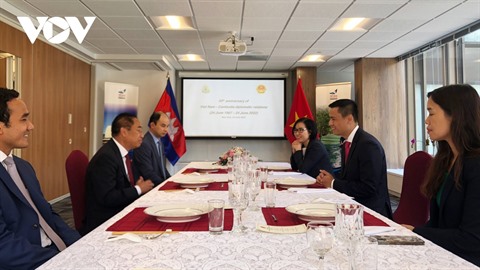TEMPO.CO, Jakarta – Energy Economics observer at Gadjah Mada University (UGM), Fahmy Radhi, explained a number of efforts that could be made to reduce the burden of fuel subsidies or fuel subsidy in order to save the State Revenue and Expenditure Budget (APBN).
He assessed that the energy subsidy budget that had been disbursed this year of Rp 502.4 trillion was the largest in Indonesia’s history. This is also what President Joko Widodo or Jokowi and Minister of Finance Sri Mulyan Indrawati is worried about because subsidies continue to erode the state treasury along with soaring world oil prices.
The increase in the fuel subsidy budget, said Fahmy, is influenced by the world oil price which is now at US$ 100 per barrel, while the Indonesian Crude Price (ICP) set in the APBN is US$ 63 per barrel. “That difference must then be paid through State Budget for subsidies and compensation,” he said when contacted, Friday, June 24, 2022.
Even so, according to Fahmy, the surge in energy subsidies is not only influenced by external factors but also because of inconsistent government policies. He said there are at least three ways that the government can implement to reduce the burden of energy subsidies.
First, to reduce compensation, he suggested that the government hand over pricing matters to Pertamina for the non-subsidized fuel types Pertamax, Pertamax Turbo, and above. That way, the fuel price can be set according to the economic price.
“If at the current stage it goes up, then increase the third type earlier. If it goes down, it should be taken down,” he said.
By submitting a decision pricing policy earlier to Pertamina, according to Fahmy, will reduce the compensation in a large amount. Because so far the government has given compensation to Pertamina if Pertamina sells fuel prices below the economic price.
Second, Pertamina must limit the sale of Pertalite by only allowing the right customers to buy it. However, the oil and gas SOE’s plan to require the MyPertamina application to limit Pertalite is considered to be difficult to apply in the field.
–

